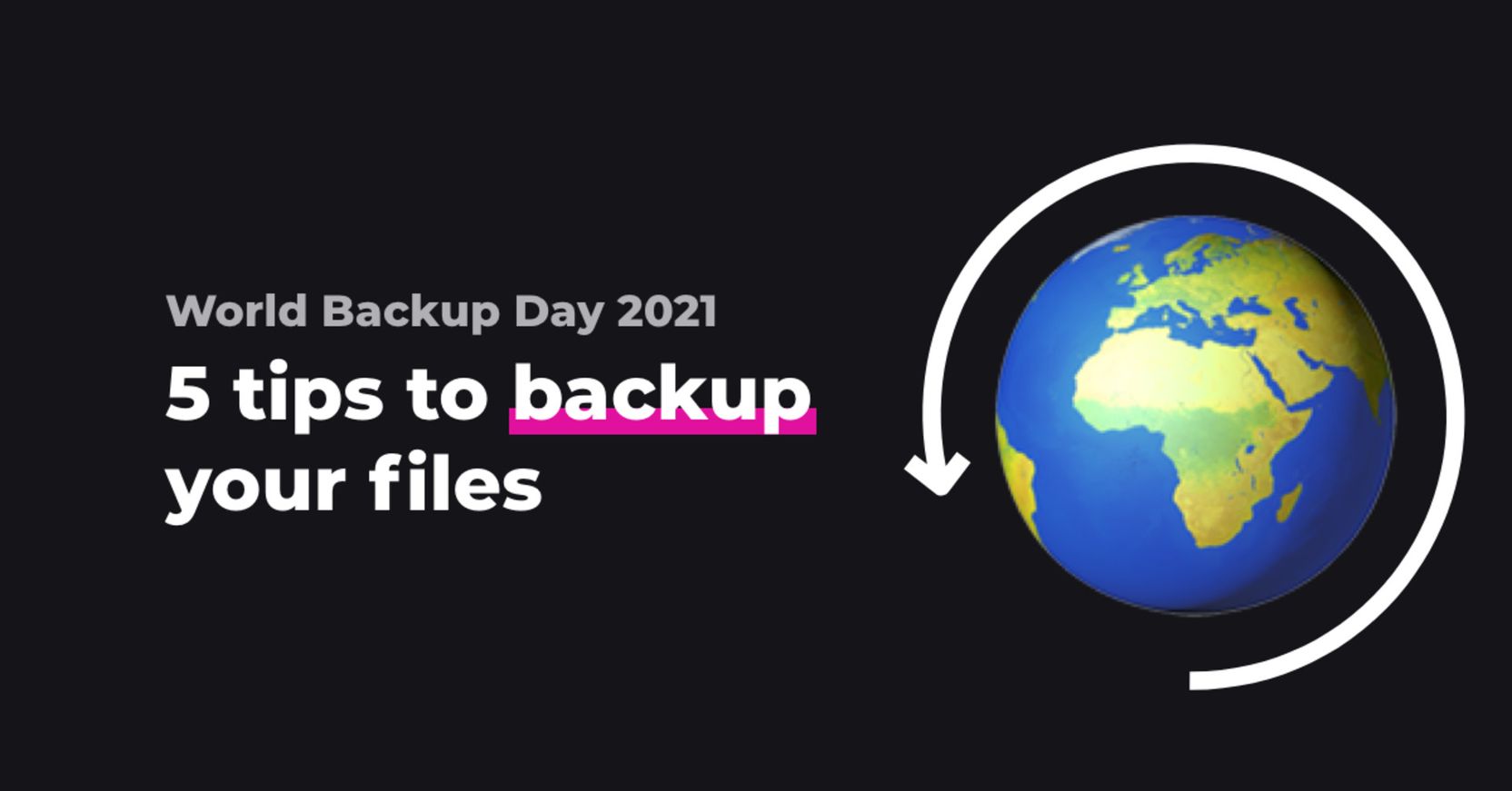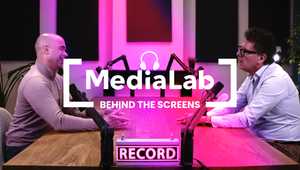Have you backed up your data recently? Especially your creative media files or expensive formats? Every day, people and businesses lose huge amounts of valuable data because they fail to follow this one basic procedure.
There’s nothing more traumatizing than having lost your phone, or having your hard drive crash, and having hundreds of valuable and irreplaceable documents, photos or videos suddenly gone beyond retrieval. No matter how secure or safe you feel your data and equipment is, it’s important to back up your files. Do you really want to chance losing all of that when backup options are so easy and available?
World Backup Day, on March 31st is set aside as a reminder to back up your files, even if it’s once a year! So, take the time to back up your files, and stop yourself from becoming one of this year’s April’s Fools.
5 tips to back up your data and media files
There are several ways you can back up data and media and here are some tips:
1. Connect your phone
Most phones are connected to some form of backup system. iPhones are tied directly into iCloud, Android phones are intrinsically tied to Google, and with the availability of Google Docs and the Google backup, it’ll tie all your data into your profile, uploading it to a secure location while allowing you to choose which ones to share!
2. Work in the cloud
You could also use Google docs from any computer for small documents to be saved automatically. However, for larger files, you might want to consider more secure options. In addition, please note that having files stored in the cloud does not mean they are backed up. If you accidently remove them from your local folder, they are usually directly removed from the cloud storage.
3. Take extra care of your professional data and media files
How do you handle your media assets if you are a freelancer for example? For your professional media files, we would not recommend using a public system. You might consider a regular cloud solution like Office365 from Microsoft or Google Workspace, but realize these are not specifically designed for media files. For media assets, a MAM (media asset management) system would be highly recommended.
4. Use your own private cloud
If you are not comfortable with your data being stored on somebody else's server, you might consider using NAS (Network Accessible Storage). It’s like your own private cloud located at your home or office. There are plenty of options ranging from WD MyCloud for easy personal use to more professional solutions like Synology.
5. Back up to an external hard drive
Remember, if the only copy you have of your important files is all in one place, it only takes one accident, one small disaster for you to lose them all. The least you can do is to back up your files to external hard drive. Many of the external hard drive manufacturers offer backup software which would do that automatically for you.
Store your professional media on a smart digital platform
MediaLab’s media management system allows you to create a centralized (media) file repository for all your digital media assets. Whether you are a broadcaster, marketing agency, brand, corporate, casting agency or content creator, make sure to store and protect your media assets on a platform with a professional backup system.
MediaLab offers multiple backup options to match your budget and business requirements. This includes off-site backups, soft-delete option with cloud storage or having a local backup in your data centre if you are running a MediaLab Hybrid platform.
Looking for a smart media management system for your organization? Check out our MediaLab solution for Broadcasters, Production and Media Companies or Brands, Corporates, Marketing and Casting Agencies.
Want to know more? Feel free to request a digital demo with a MediaLab expert.




